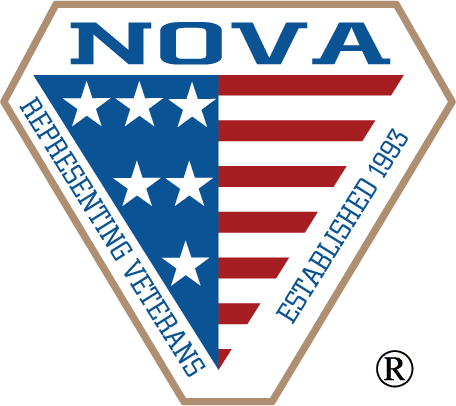When a veteran passes away, the veteran’s spouse, children, and parents may be eligible for several types of VA survivors benefits. This article discusses some of those benefits.
Dependency and indemnity compensation
The first type of VA survivors benefit is known as Dependency and Indemnity Compensation or DIC. This benefit is available to eligible survivors when the veteran’s death was caused by a service-connected condition or when the veteran was 100% disabled by VA for 10 years or more prior to death. Find out more about DIC benefits by reading our detailed DIC article here.
Survivor’s pension
Another VA survivors benefits is a survivor’s pension. The veteran’s spouse and children can be eligible for this benefit. The requirements of a survivor’s pension are different that the requirements for DIC benefits. In order to qualify for a survivor’s pension, the recipient must be low income. The income requirements change year to year.
Also, the veteran must have had a certain period of active duty service with at least one day in an active war period. It is important to note that the requirement of one day in an active war period does not mean that the veteran had to have been involved in combat operations. It is generally sufficient if the veteran was simply on active duty while there was a war ongoing.
To find out more about survivor’s pension, read our detailed survivor’s pension article..
Education benefits
Education benefits have been extended to surviving spouses of service members who died in the line of duty since September 1, 2001. Those spouses may be eligible for 36 months of financial assistance for educational expenses such as tuition, fees, housing, books, and school supplies.
This educational benefit known as the Fry Scholarship had previously only been available to children. There are deadlines for when the benefit must be used. More information about eligibility and the assistance provided by the Fry Scholarship can be found here.
Questions
There are many types of benefits available to survivors of veterans. Sometimes, survivors may be eligible for more than one type of benefit. It is important to understand that these benefits can affect each other. For example, children who start receiving the Fry Scholarship will have to give up their DIC benefits, but spouses generally do not. If you have questions about survivors benefits, please give us a call or complete the “Need Help” form to schedule a free consultation.







